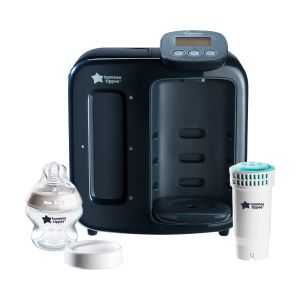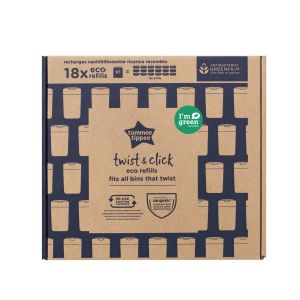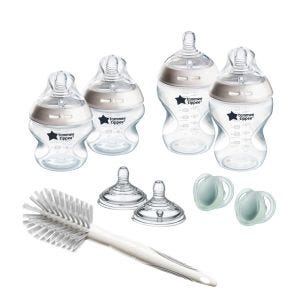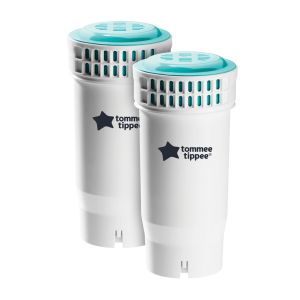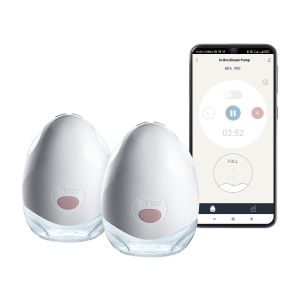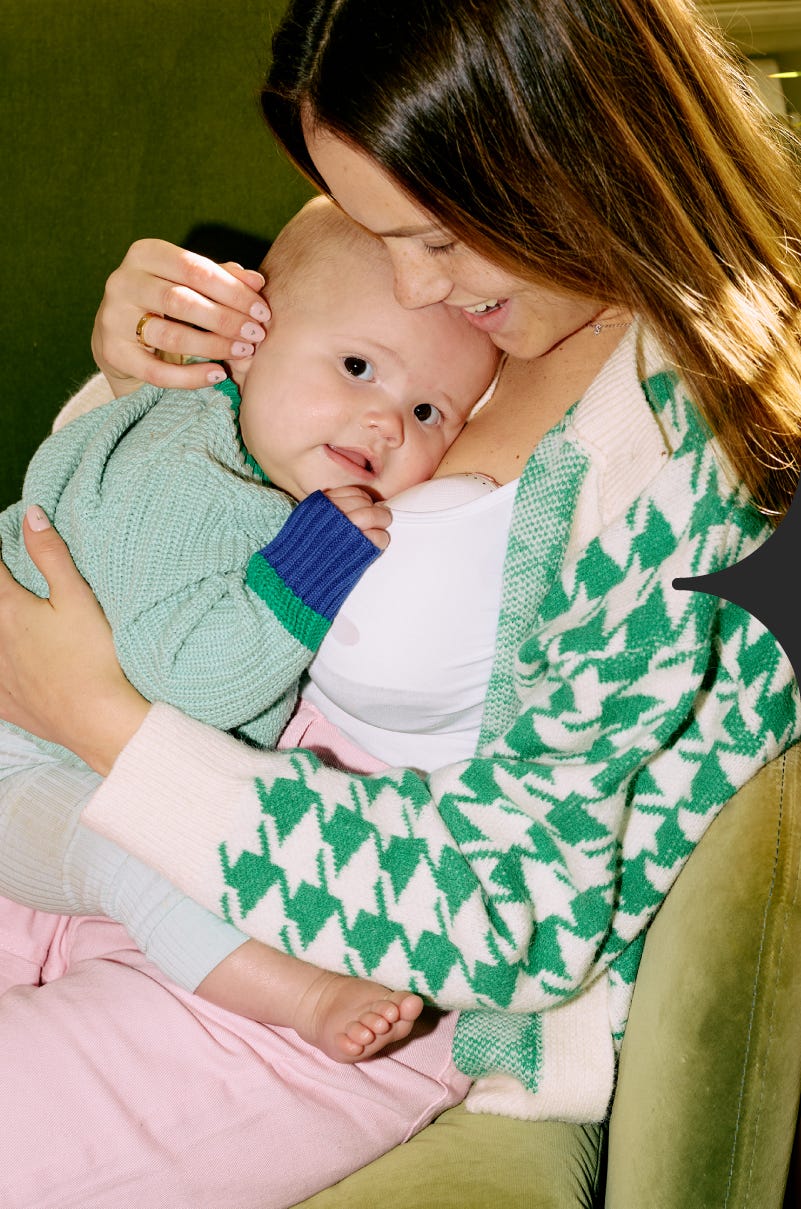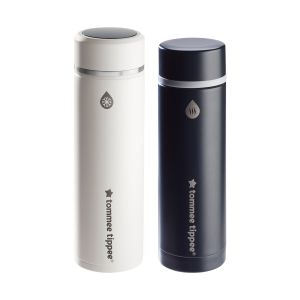
Hints & Tips
When it comes to bottle feeding, many parents have questions about how best to give their little one a safe and satisfying feeding experience, particularly first-time mums and dads.
Bottle feedings do's and don'ts
We’ve compiled this list of six common bottle-feeding mistakes that many parents make to help you know what you should and shouldn’t do...
1. Not sterilising your baby’s bottles
Sterilising your baby’s bottles thoroughly before each use is a must. Sterilising bottles helps to protect your baby against infections, especially while their immune system is still developing. Failure to sterilise your baby’s feeding equipment can lead to stomach upset, such as diarrhoea.
Before sterilising your baby’s bottle, be sure to give it a good scrub with hot water and soap.
2. Not cleaning bottle accessories properly
It’s not just the bottle itself that needs sterilising before your baby uses it, but also the bottle teats. A small brush can be used to clean the inside of teats, and they can also be turned inside out for easier access.
Again, use hot and soapy water before sterilising them, and make sure that you do not use salt to clean them with, as this can harm your baby. And don’t forget to wash your bottle brush too. Make sure to wash in hot soapy water and keep them stored somewhere clean (probably best not to leave them in the washing up bowl).
3. Feeding your baby every time they cry
Don’t make the mistake of assuming that your baby is hungry every time they cry, as this isn’t necessarily the case. Overfeeding your baby can lead to health problems and trying to bottle feed a crying baby can also lead to them choking on the milk.
Other reasons your baby might be crying can include:
- Needing to be burped.
- Needing their nappy changed.
- Being tired or generally irritable.
- Needing comfort and cuddles.
4. Not burping your baby after every feed
During feeds your baby takes in little air bubbles which can get trapped in their little tummy and cause them discomfort. Spending a little time burping your baby can really help to avoid them being uncomfortable and also help them settle back to sleep.
Your baby might not need to burp immediately after eating, but after carrying them around, rocking them, and patting their back for a bit, they will eventually burp.
5. Guessing the measurements when preparing a bottle
Despite what you might have heard, guessing at the amount of formula needed is a bad idea. Measurements matter, which is why you should always follow the recommended on-pack ratios.
Too much water can dilute the formula, meaning your baby won’t be getting the optimal amount of nutrition from their feed and too much formula can lead to constipation and dehydration,.
6. Using tap water rather than sterilised water
Using tap water for your baby’s formula is not a advised because it’s not sterile. It is highly recommended that you boil the water first and let it cool before using it to make up the formula.
Giving sterile water to babies is a much safer option and gives you one less thing to worry about.
Bottle Feeding FAQ's
Does it matter when breast milk was heated up?
Breast milk can typically withstand longer periods of time at room temperature than formula can. But it’s recommended that if your baby doesn’t finish a feed, you should discard unused breastmilk after 2 hours.
Can I reuse left over formula from previous feeds?
It’s not a recommended that you reuse leftover formula from previous feeds. This is because bacteria gets into formula while your baby feeds, and when left alone this bacteria can multiply and become hazardous for your baby’s delicate immune system. Also it loses its nutritional value the longer it’s left.
Try to get into the habit of pouring any leftover formula away once your baby has finished eating and remember that the sooner that you wash and sterilise the bottles, the better.
Can you let your baby go to sleep while feeding from a bottle?
It’s quite common for babies to fall asleep during a feed. Though falling asleep while feeding is natural for babies, try not to let them form a habit of being ‘fed to sleep’ as it can be a difficult one to break. It’s also important that you try to burp your sleeping baby to avoid the risk of stomach discomfort.

